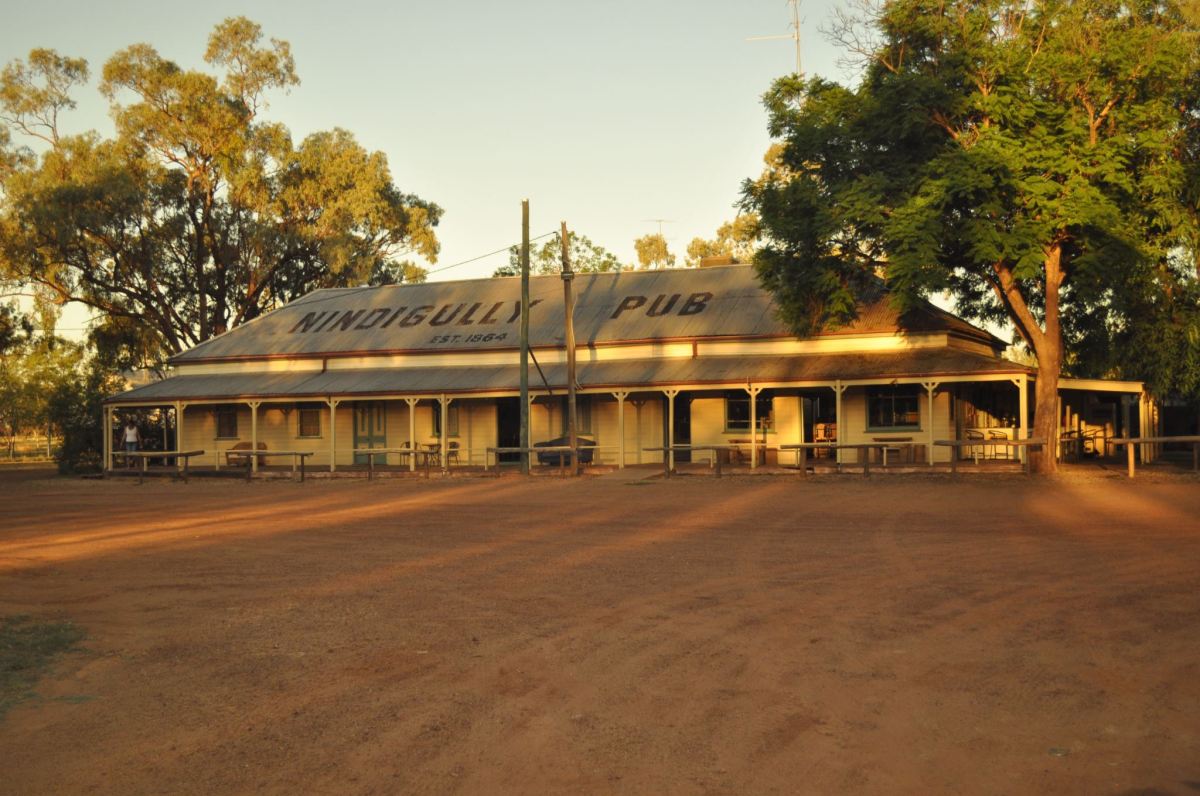By Vanessa Cavasinni, editor Australian Hotelier
MP Robbie Katter, member for Mount Isa, has introduced the Liquor (Rural Hotels Concession) Amendment Bill 2017 into the Queensland parliament, looking to slash liquor licence fees for rural operators.
The annual fee for a commercial hotel licence in Queensland is roughly $3600 – Katter is trying to reduce that to $360 a year for operators in rural areas who would not have the same sort of footfall, and therefore turnover, as pubs in cities and regional towns.
Katter introduced the private member’s bill on 23 March. Since then public consultations have been held and submissions were made by stakeholders to the Legal Affairs and Community Safety committee. Last week, the committee recommended that the Bill be passed.
Many rural operators made submissions to the committee in favour of the Bill, highlighting the ‘jack-of-all-trades’ role that a pub can play in rural communities, and that the 90 per cent decrease in the annual fee cost would significantly reduce pressures on hotel operations where the fee currently is a significant proportion of revenue.
Steve Burns, owner and operator of Nindigully Pub, would love to see the bill be passed into law. The pub is situated 160 km west of Goondiwindi on the banks of the Moonie River. The area has a population of nine people and the closest town is 45 km away. Being so remote, Burns cannot understand why rural pubs such as the Nindigully are paying the same amount in fees as large city pubs.
“We’re paying the exact same fees, and that sucks because my annual turnover is probably what they turn over in a week. And they’ve got poker machines, they’ve got all sorts of stuff. It’s just ridiculous. I just don’t know why they don’t base it on turnover. That way I’d be on the bottom scale, and pubs that are smaller than mine would pay even less.”
Burns says what he pays annually in liquor licence fees and rates has gone up significantly in the 15 years he has owned the pub, particularly when the Liquor and Other Acts Amendment Bill 2008 restructured licence types and the fees that went with them.
“When we bought the pub in 2002, my council rates were roughly $400 a year and the liquor licence fee was hovering around $550. Today it’s a combined total of $6000.”
With an annual turnover of roughly $1 million, Burns says the Nindigully Pub is in a lot better position than a lot of other rural pubs, but the $3600 annual fee is still a significant cost.
“We’re doing a million dollars a year, which is big for a country pub. It’s a successful operation because we’ve been here for 15 years and we’ve cranked it up. And then you get these city ones with poker machines that are open until four in the morning. The licence fee is nothing to them. The big hotels look at it and think, ‘$3500 a year? That’s a joke.’ It’s chump change. But for country pubs like us that’s a hell of lot of money.”
Visa eligibilty
Burns wishes Katter all the best with the bill. He believes that one other change would help rural operators tremendously – widening the work eligibility for backpackers applying for a Second Year Visa to include pubs. Nindigully Pub is continually looking for staff, but always loses out to surrounding farms as backpackers look for work that will make them eligible for a Second Year Visa. Unlike the Working Holiday Visa which can be used for any rural casual employment, the Second Year Visa does not include hospitality as an eligible industry.
“Farmers get to sign off on second year visas, so why can’t country publicans do that? It’s an irregularity that needs to be addressed,” opined Burns.
The Liquor (Rural Hotels Concession) Amendment Bill 2017 will now go before Parliament for a vote.

